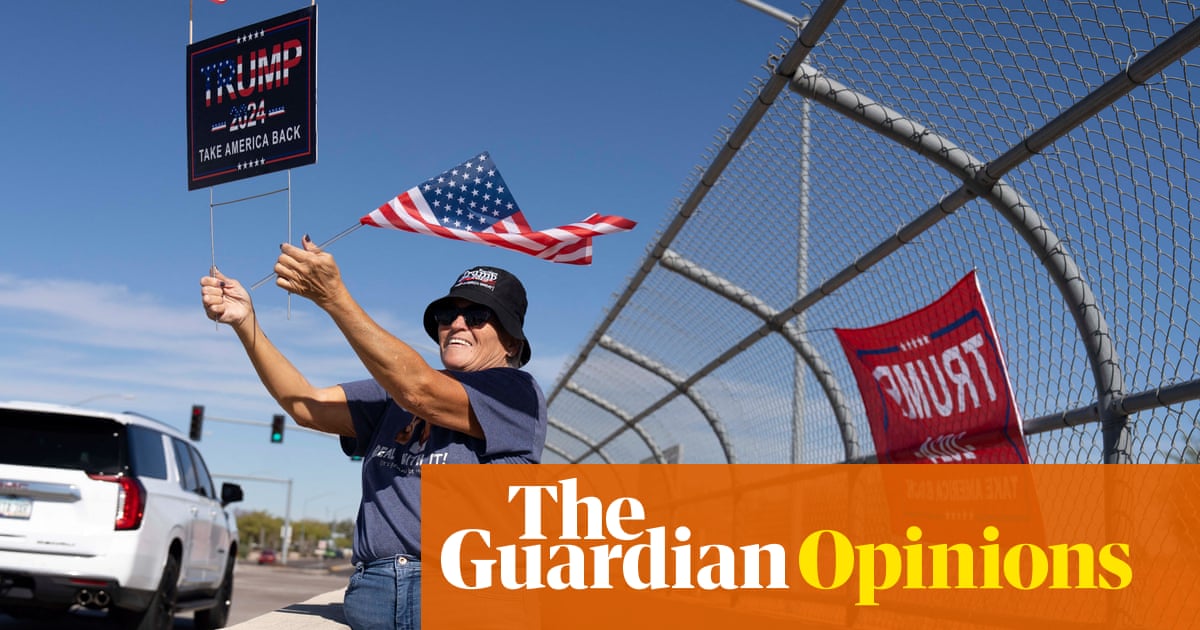Summary
Far-right leaders are gaining globally, with Trump’s victory in the US presidential election echoing trends in Hungary, India, and other countries.
Donald Trump’s 2024 victory marks a historic first where he won the U.S. popular vote, supported by diverse groups including young, Black, and Latino voters, as well as the working class—a reversal from previous elections.
This win aligns with global far-right gains, reflecting voter frustration with economic hardships and liberal policies.
Analysts argue that the far right’s appeal lies in its “politics of existential revenge,” which vilifies minority groups and offers imaginary disasters as scapegoats.



People like to focus on economic factors because they’re easily quantifiable. More vague factors disassociated from economic lifestyle are difficult to quantify, so harder to study and talk about. By way of example, though, when someone really hates black people, that’s not economic, it’s personal. It’s something else entirely. Men wanting power over women isn’t economic. Even immigration complaints aren’t really economic, that’s just an excuse to cover up much less defensible reasoning.